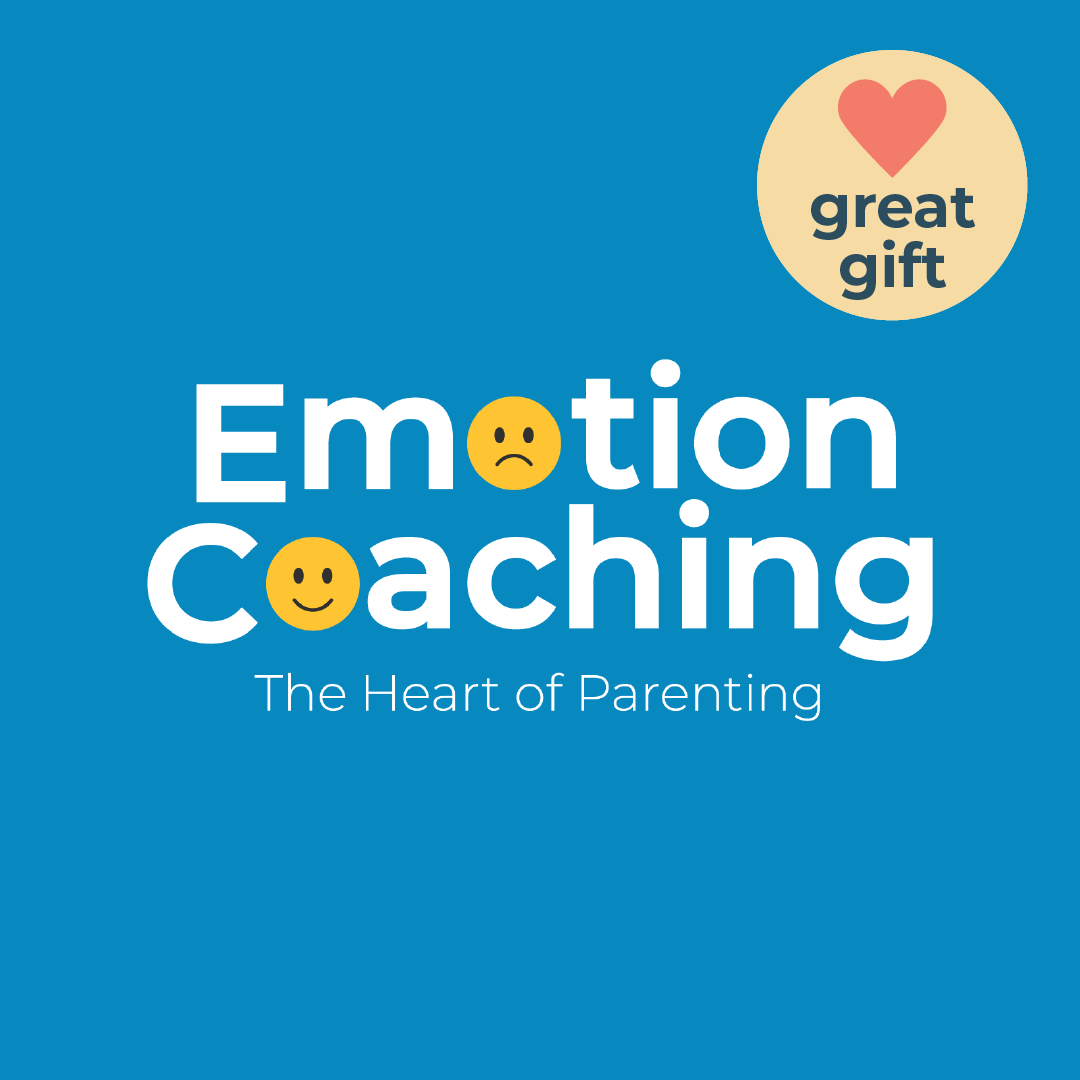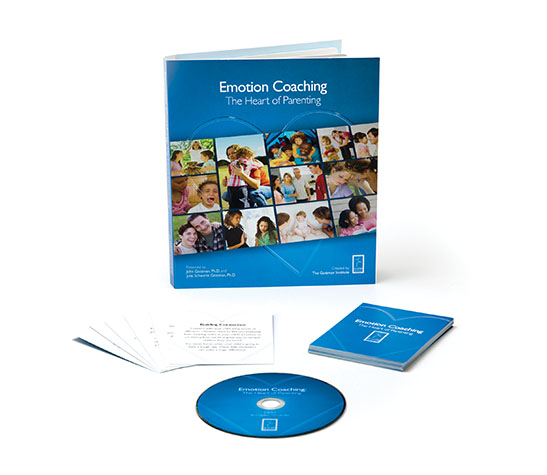Read the first step on empathy.
The second step of Emotion Coaching is seeing your child’s expressions of emotion as opportunities for teaching and intimacy. Negative expressions of emotion may not be a problem that needs to be handled nor your fault. This realization that such moments can be used to teach your child may come as a huge relief.
Working through emotions
These are the times your child needs your support the most. Working through your child’s emotions with them and showing your care for them will allow them to grow in a multitude of ways. For example, it will help them to become better at self-soothing. They will learn to work through problems themselves.
Improving your child’s ability to navigate low-intensity situations, such as the loss of an ice cream cone, will encourage them to come to you during more difficult times in their life. Your trust and connection will grow.
An example
Kendra’s six-year-old son, Ben, has always wanted a dog. A dog person herself, she would love to make his dream a reality. However, living in a small apartment in the city makes their mutual desire impossible. Taking a walk in the park one day, she and Ben spot several adorable puppies. He bursts out crying. Feeling helpless and exhausted, Kendra cannot believe that she has to deal with “the conversation” all over again. This time, with the help of Emotion Coaching, she has the tools to lead it in a different, more positive direction.
Bending down to eye level with her son, Kendra asks him what’s wrong.
“All the other kids have dogs,” he mumbles through tears. “If you really loved me you’d let me have one too!”
“I do love you, more than anything in the world,” Kendra says, stroking Ben’s hair. “I want a dog too, and I really wish we could have one right now. Maybe when we move out of this apartment, we can think about getting ourselves a puppy of our own. Wouldn’t that be great?”
The boy nods.
She continues, “Those kids out there probably live in a place where their puppies can roam free. You don’t want the puppy we get to be stuck inside, miserable, with no place to go, do you?”
Her son shakes his head. Ben is still upset, but he is no longer sobbing. His mother’s words have soothed him temporarily. Their long-term effect will be much greater. As he watches the children play with their dog and imagines having one of his own someday, he sees that his Mom understands him and feels that his feelings are being taken seriously. This six-year-old learned a little bit about the values of patience and compromise. In the future, when the sight of another kid and his dog trigger his envy and sadness, he will remember his mother’s words, and their effect will last. He will feel more confident in his ability to soothe himself with the gain of some perspective on his short-term desires.
Embrace the opportunity
Seeing your child’s expressions of emotion as opportunities for teaching and intimacy will allow the two of you to build mutual trust while also relieving anxiety and frustration in difficult times. When you observe your child struggling with a problem and expressing fear, sadness, or anger, take the moment as an opportunity for their emotional growth, and for the growth of your relationship.










